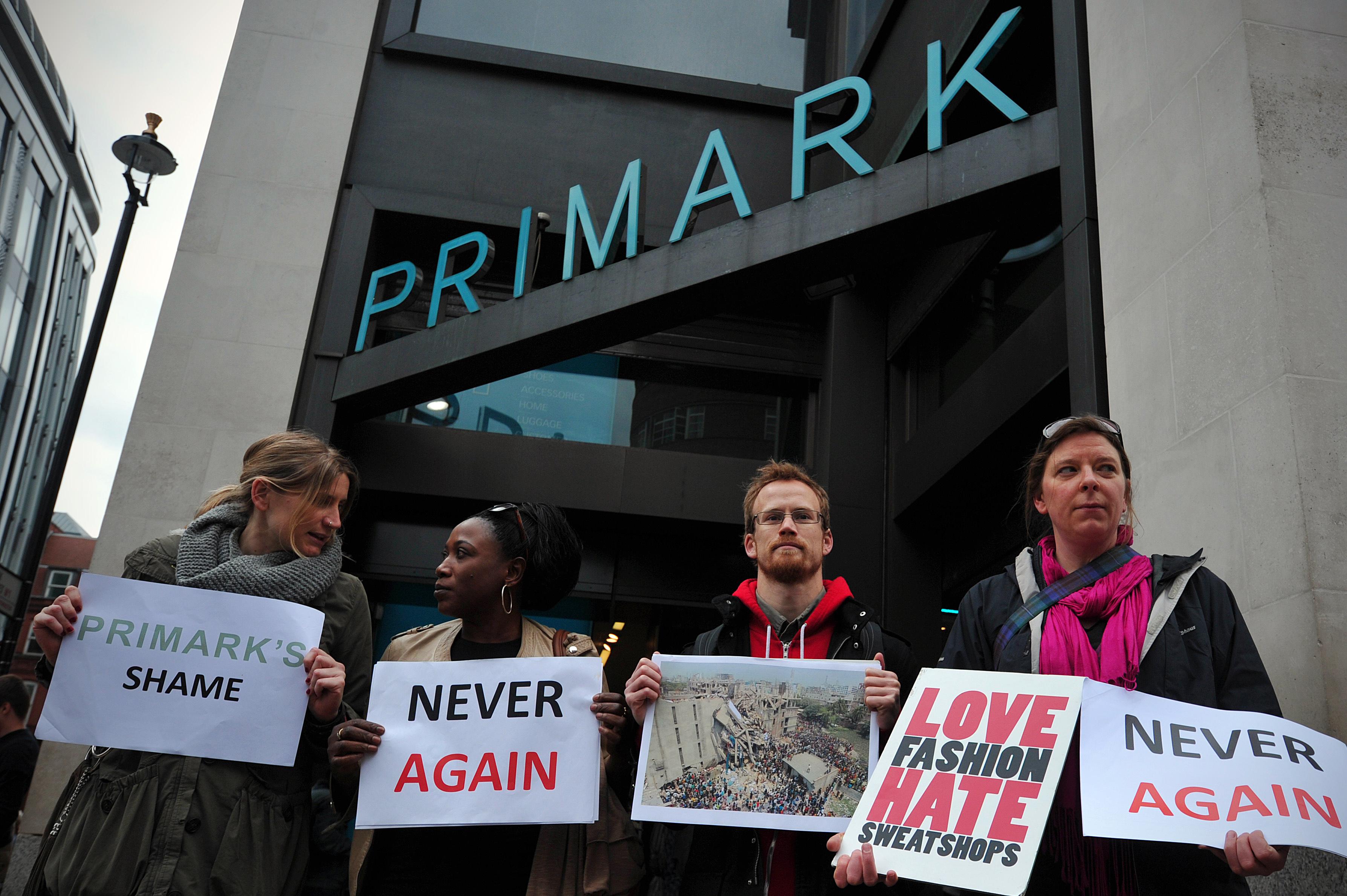The bad news out of Bangladesh seems to get grimmer by the day. At least 377 people have been confirmed killed when a huge garment factory in Bangladesh collapsed Wednesday. The death toll is expected to continue rising as hundreds of people remain unaccounted for, reports Reuters. Some of the frantic rescue efforts were forced to come to a standstill Sunday night when a fire broke out amidst the wreckage four days after the building collapsed. Volunteer rescue workers were trying to free a woman they found in the rubble when the fire broke out, reports the Associated Press.
Amid the tragedy, there was at least a bit of good news for rescue workers, who have already pulled some 2,500 people alive from the debris. Four people were pulled out alive from the wreckage Sunday. Meanwhile, a manhunt for the owner of the collapsed building ended Sunday when Mohammed Sohel Rana was arrested at a border crossing with India. News of Rana’s capture, which reportedly came as he was about to flee into India’s West Bengal state, was met with cheers and claps at the site of the collapsed building, reports the AP.
The collapse of the eight-story building Wednesday came months after a fire at another Bangladesh factory killed 112 people in November. And it’s once again raising questions about the conditions that workers are forced to endure in order to manufacture clothes for the Western world. Bangladesh’s manufacturing industry is surging as more retailers are switching production out of China amid rising prices, points out Bloomberg.
Protesters in Bangladesh have taken to the streets and the opposition has called for a national strike on May 2. So far though, there are few signs retailers, and even consumers, are willing to sacrifice cheap production over concerns for the safety of workers. The equation is simple: “Cheaper products appeal to shoppers,” notes Reuters. “And the taint, if any, appears to be manageable.”
